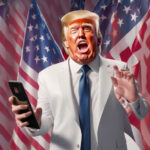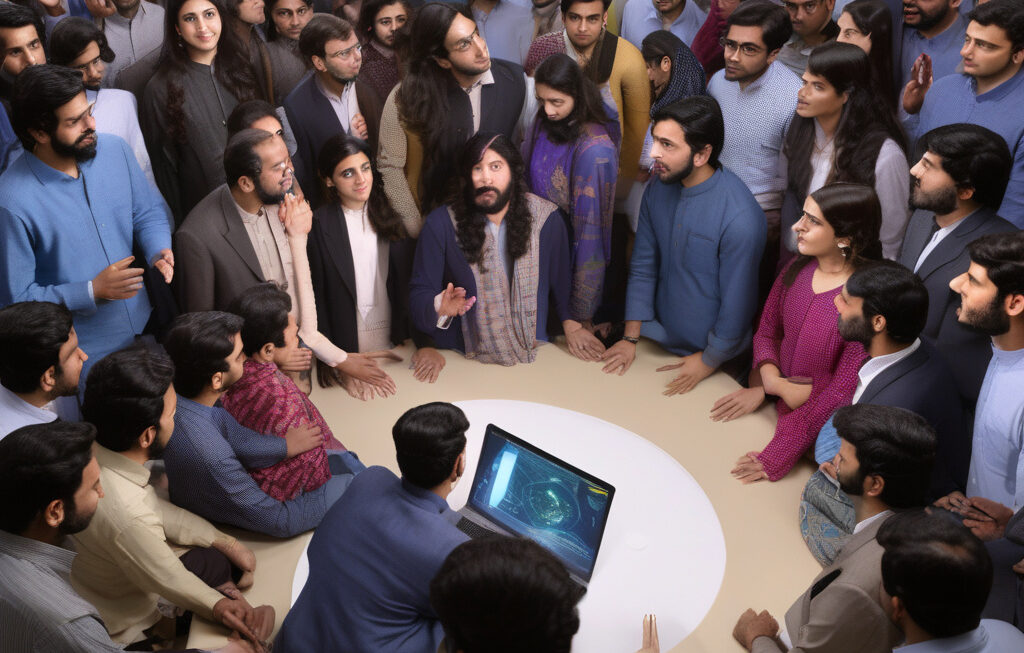Nvidia’s Bold Move: Strategic Chipset Order with TSMC Amid US-China Trade Dynamics
Reviving H20 chip sales to China with a 300,000-unit order, defying a US ban lift amid trade tensions! Will this tech gamble pay off or fuel a new war?
In the world of technology and international trade, strategic decisions can make or break a company’s future. Nvidia, a leading American technology company known for its innovative chipsets and graphics processing units, has recently made headlines with its bold move to place a significant chipset order with Taiwan Semiconductor Manufacturing Company (TSMC). This decision comes at a crucial time amid the ever-changing dynamics of the US-China trade relationship.
The backdrop to this strategic move is the escalating tensions between the United States and China, two global economic powerhouses locked in a complex trade war. Amidst this challenging environment, Nvidia’s decision to revive H20 chip sales to China with a 300,000-unit order is a daring one, especially considering the recent lift of the US ban on such sales to the country.
By partnering with TSMC, a Taiwanese semiconductor manufacturing giant known for its cutting-edge technology and production capabilities, Nvidia is not only securing a steady supply of chipsets but also sending a clear message about its willingness to navigate the turbulent waters of international trade for the sake of its business interests.
The strategic implications of this move are significant. On one hand, Nvidia stands to gain access to a lucrative market in China, a country with a growing demand for advanced technology products. By defying the US ban lift and forging ahead with this chipset order, Nvidia is positioning itself as a key player in the global semiconductor industry, willing to take risks and explore new opportunities.
On the other hand, this decision is not without its challenges and potential consequences. The ongoing trade tensions between the US and China could escalate further as a result of Nvidia’s actions, leading to retaliatory measures and a deepening of the trade war. Moreover, there is the risk of geopolitical implications, with the tech sector becoming increasingly intertwined with national security concerns.
As Nvidia embarks on this bold gamble, the question remains: will it pay off in the long run, or will it fuel a new front in the US-China trade war? Only time will tell. What is clear, however, is that Nvidia’s strategic chipset order with TSMC is a testament to the complexities of doing business in a globalized world, where economic, political, and technological factors intersect in unpredictable ways.
As companies like Nvidia continue to navigate these uncertain waters, one thing is certain: adaptability, foresight, and strategic partnerships will be key to success in an ever-changing global landscape.
#Nvidia #TSMC #USChinaTrade #ChipsetOrder #TechIndustry












